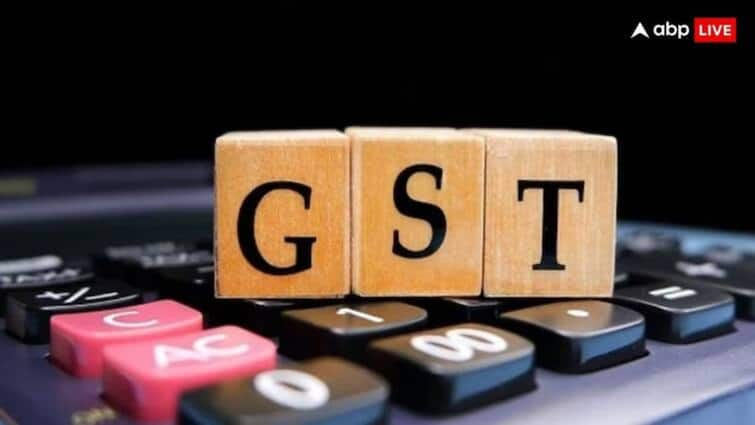The 56th meeting of the Goods and Services Tax (GST) Council is set to take place this week in the capital, with discussions expected to shape India’s tax landscape significantly. The two-day session will commence on September 3 and continue until September 4, beginning at 11:00 AM each day.
Leadership and Members of the Council
Union Finance Minister Nirmala Sitharaman will chair the meeting, which brings together a 33-member panel including the Union Minister of State, senior officials such as the Additional Secretary, and the Chairperson of the Central Board of Excise and Customs (CBEC).
The Council, a key decision-making body on GST matters, is expected to review multiple proposals impacting businesses and consumers alike.
Expected Overhaul of GST Slabs
One of the most anticipated announcements is the revision of GST slabs. The existing 12 per cent and 28 per cent categories may be scrapped. Goods currently taxed at 28 per cent are likely to move down to the 18 per cent bracket, while products under the 12 per cent category may shift to 5 per cent.
Luxury and so-called ‘sin’ products, including tobacco, are expected to remain under the 40 per cent GST rate. Analysts say the revision could have broad implications across industries, with particular attention on the auto sector.
Auto Sector in Spotlight
According to a Reuters report, the government is preparing to reduce GST on small hybrid cars and motorcycles from 28 per cent to 18 per cent. Research firm Jefferies has further suggested that sports utility vehicles (SUVs) could see tax rates trimmed from 50 per cent to around 40 per cent.
Such cuts are expected to translate into tangible price reductions. Jefferies estimated that a 7–10 per cent GST rate cut may result in a 6–8 per cent fall in on-road vehicle prices, likely boosting demand in the coming quarters. Projections include a 10 per cent annual growth in two-wheelers and an 8 per cent rise in passenger vehicle sales between FY25 and FY28.
Refund Reforms and Industry Expectations
Tax experts also anticipate reforms in the GST refund mechanism. Vivek Jalan, Partner at Tax Connect Advisory Services LLP, noted that the introduction of a fully technology-driven provisional refund platform is being considered. Under the proposal, 90 per cent of refunds for low-risk taxpayers could be cleared automatically within seven days, with final checks carried out later.
Refund delays have been a contentious issue. In August 2025, GST revenue growth was accompanied by a 20 per cent decline in refunds. Jalan argued that clearing refunds promptly is critical, especially when exporters and manufacturers are struggling against global headwinds.
Concerns Over GSTAT Appeals
Another issue likely to be raised relates to the Goods and Services Tax Appellate Tribunal (GSTAT). Currently, any case involving a ‘Place of Supply’ dispute must be heard exclusively at the Principal Bench in New Delhi, even if the taxpayer is based elsewhere.
Jalan pointed out that this poses hardships. For instance, a taxpayer in Kerala with a multi-issue appeal worth Rs 10 crore – of which only Rs 10 lakh relates to Place of Supply – would still have to approach New Delhi instead of the local state bench. Industry representatives are expected to propose circuit benches in states for smaller cases, with only high-value disputes above Rs 2 crore moving to the capital.
What Lies Ahead
The GST Council’s 56th meeting comes at a critical juncture, as India looks to balance revenue needs with industry competitiveness. With changes to tax slabs, auto sector incentives, refund reforms, and tribunal restructuring on the table, the outcomes will be closely watched by businesses, policymakers, and consumers alike.



